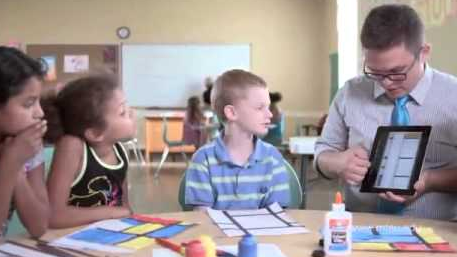Department of Elementary and Special Education
Department of Elementary and Special Education
The Department of Elementary and Special Education offers degree programs at the graduate and undergraduate levels that will prepare you to make a positive difference in the lives of learners. The department is distinguished by faculty and students who are committed to understanding the most effective teaching strategies. Our faculty use data, experience, and technology to bring forward the best in student learning.

For prospective undergraduates, the department offers the bachelor’s degree (B.S.) in Early Childhood, Elementary Education, Middle Level Education Middle Level, or Special Education. The department is committed to providing coherent and sequenced coursework and substantial field experiences. Residency I and II provides teacher candidates opportunities to design, teach, assess, and reflect upon the effectiveness of instructional environment and strategies, student behaviors, and decisions made in the classroom. For individuals with a bachelor’s degree who wish to seek initial licensure in Elementary Education, we offer a master’s degree (M.Ed.) in Curriculum and Instruction Initial Licensure Specialization. Graduates of our undergraduate and graduate initial licensure programs are highly sought after by school districts.

For practicing teachers or others with an interest in education looking to deepen their knowledge or strengthen their credentials, we offer the master’s degree (M.Ed.) with a major in Curriculum and Instruction, Literacy, or Special Education. These graduate programs offer opportunities to learn more about evidence-based practices and current trends and initiatives in the field while collaborating with faculty and other licensed teachers.
A Literacy Studies Ph.D Program is offered drawing upon faculty from Elementary and Special Education, Psychology, English, Speech and Theater. This program is designed to address one of education’s most pressing needs – the shortage of scholars, practitioners, administrators and policy-makers equipped to bridge the gap between the rapidly expanding body of scientific research on the development of literacy and educational practice, policy, and professional preparation.
